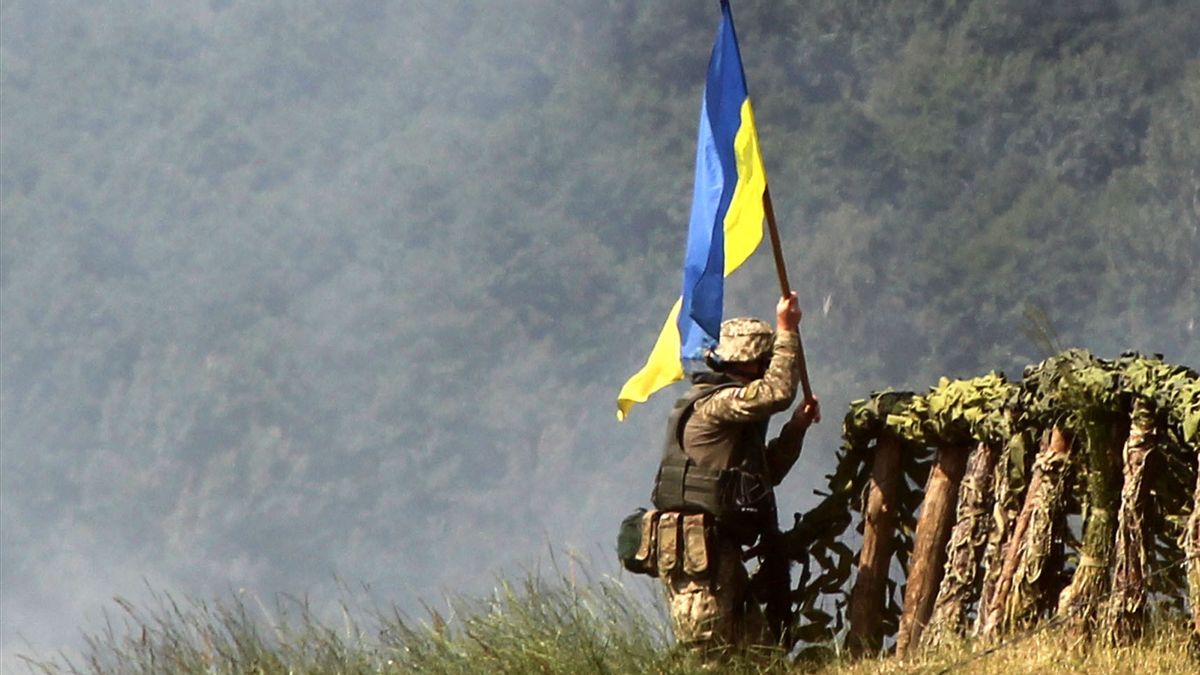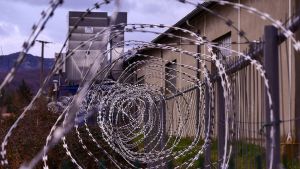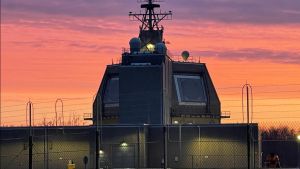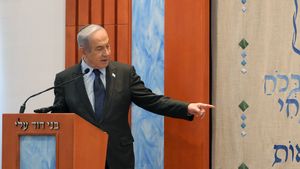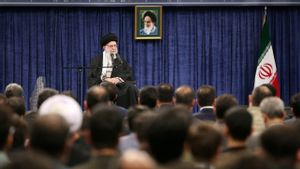JAKARTA - North Korean troops have been involved in combat operations against Ukraine with the Russian army, South Korea's spy agency said on Wednesday.
Seoul's confirmation comes amid growing global criticism as Moscow and Pyongyang strengthen military relations, after North Korea sent thousands of troops to Russia's Kursk territory to help its war with Ukraine.
"The National Intelligence Agency estimates North Korean troops sent to Russia have moved to the Kursk territory over the past two weeks," the agency said in a statement.
They have completed placements on the battlefield, and have participated in combat operations, the agency added.
On Tuesday, the United States confirmed North Korean troops, which had been deployed to Russia's frontline region in Kursk, had begun their involvement in combat operations against Ukrainian troops, quoted by The Korea Times.
Vedant Patel, deputy principal spokesman for the State Department, made the statement, amid growing concerns that the deployment of North Korean troops could expand Moscow's prolonged war in Ukraine with security implications for Europe and the Indo-Pacific region.
"We are deeply concerned about Russia's decision to switch to the DPRK to supply the army to continue their brutal war against Ukraine," Patel told a news conference. The DPRK stands for North Korea's official name, the Democratic People's Republic of Korea.
"Today, I can confirm more than 10,000 DPRK soldiers have been sent to eastern Russia, and most of them have moved to Oblast Kursk at the western end, where they began to engage in combat operations with Russian troops," he added.
SEE ALSO:
Patel noted that Russian troops had trained North Korean troops in artillery, unmanned aerial vehicles (UAVs) and basic infantry operations, including ditch cleaning operations, which he said were "crucial" skills for frontline operations.
However, he stressed Russia's success on the battlefield by using North Korean troops would largely be determined by how well Russia could integrate them into their military.
"Some of the challenges they need to overcome are interoperability, language constraints, command and control, and communication," Patel said. "The United States is in close consultation with our allies and partners in other countries in the region regarding the implications of this, for this development," he said.
The English, Chinese, Japanese, Arabic, and French versions are automatically generated by the AI. So there may still be inaccuracies in translating, please always see Indonesian as our main language. (system supported by DigitalSiber.id)
